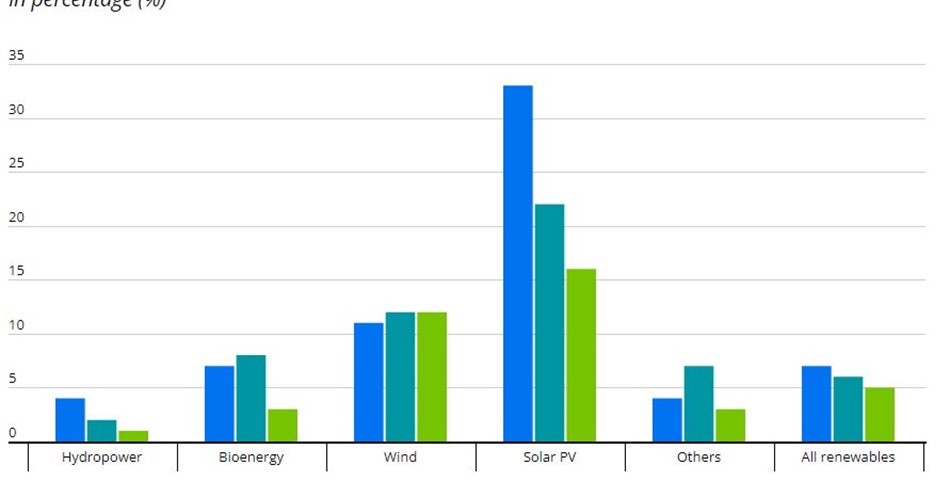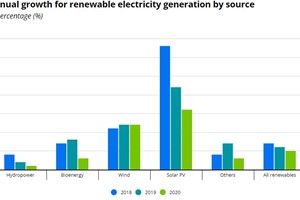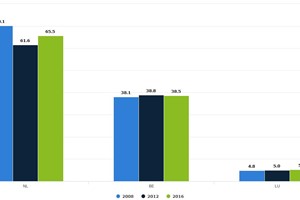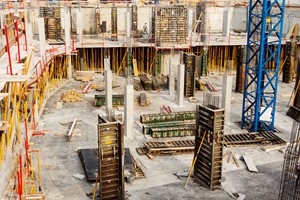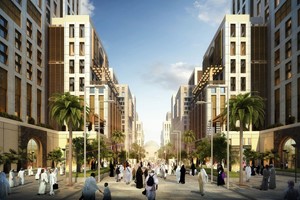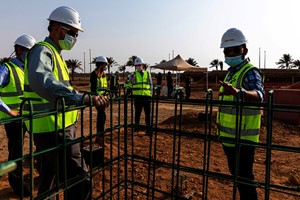Together, Germany, Belgium and the Netherlands have over 800,000 kilometres of road that could be used for some of our energy needs.
On a 400 metre long stretch of motorway in the Netherlands, sound barriers not only reduce noise, but they also create green energy for 60 local households as they are equipped with solar panels.
This renewable energy pilot scheme has inspired 'Rolling Solar', a European project that aims to create more energy from roads in a cost-effective and efficient way using photovoltaics.
EU Funding
The total cost of the 'Rolling Solar' project is 5.7 million euros and over 2.8 million of this is financed by the European Cohesion Policy. Around 20 industrial partners and laboratories from three countries (Germany, Belgium and The Netherlands) are also part of the project.
In a sound wall in Rosmalen in the Netherlands, they are experimenting with three types of solar cells with the main goal of reducing costs. At Heijmans, a partner of the 'Rolling Solar' project and a real estate, construction and technology company, they test these new panels.
Innovation manager at Heijmans, Stijn Verkuilen, believes solar cells in roads and in sound barriers are "a very useful solution for the energy transition" because they make double use of land and space. They give existing structures a secondary function.
Cross Border Cooperation
Another of the project's goals is to develop sustainable cross-border collaboration and share skills across research and industry sectors. In a laboratory in Eindhoven, thin and flexible photovoltaic cells made from silicon-cadmium are being developed in various forms. The objective is to move from custom-made to mass production.
Peter Toonssen, the project leader at 'Rolling Solar', describes what they do in Eindhoven as pre-development on a small scale of the end product. They test small size equipment to check its resistance to all kinds of environmental influences, like moisture and various kinds of gases that are normally in the atmosphere. This is done to check the products will last. Once this is ascertained, they produce the technology on a larger scale.
In Genk in Belgium, there's another photovoltaic sound barrier on the Energyville campus. Three different types of solar cell units are connected to the grid there. Temperature and mechanical deformations are closely measured. The next stages are also already being considered there.
Michael Daenen, professor at Hasselt University a partner university of the project, says there are still some hurdles to producing energy from roads and sound barriers. There are still some doubts as to who owns the energy they produce and who might maintain the panels in the case of an accident.
He believes that these matters will be tackled in follow-up projects. For now, at Energyville campus, they are concentrating on "making it cheaper, making the legal aspects go away and focusing on business economical models."
Aurora Velvez




